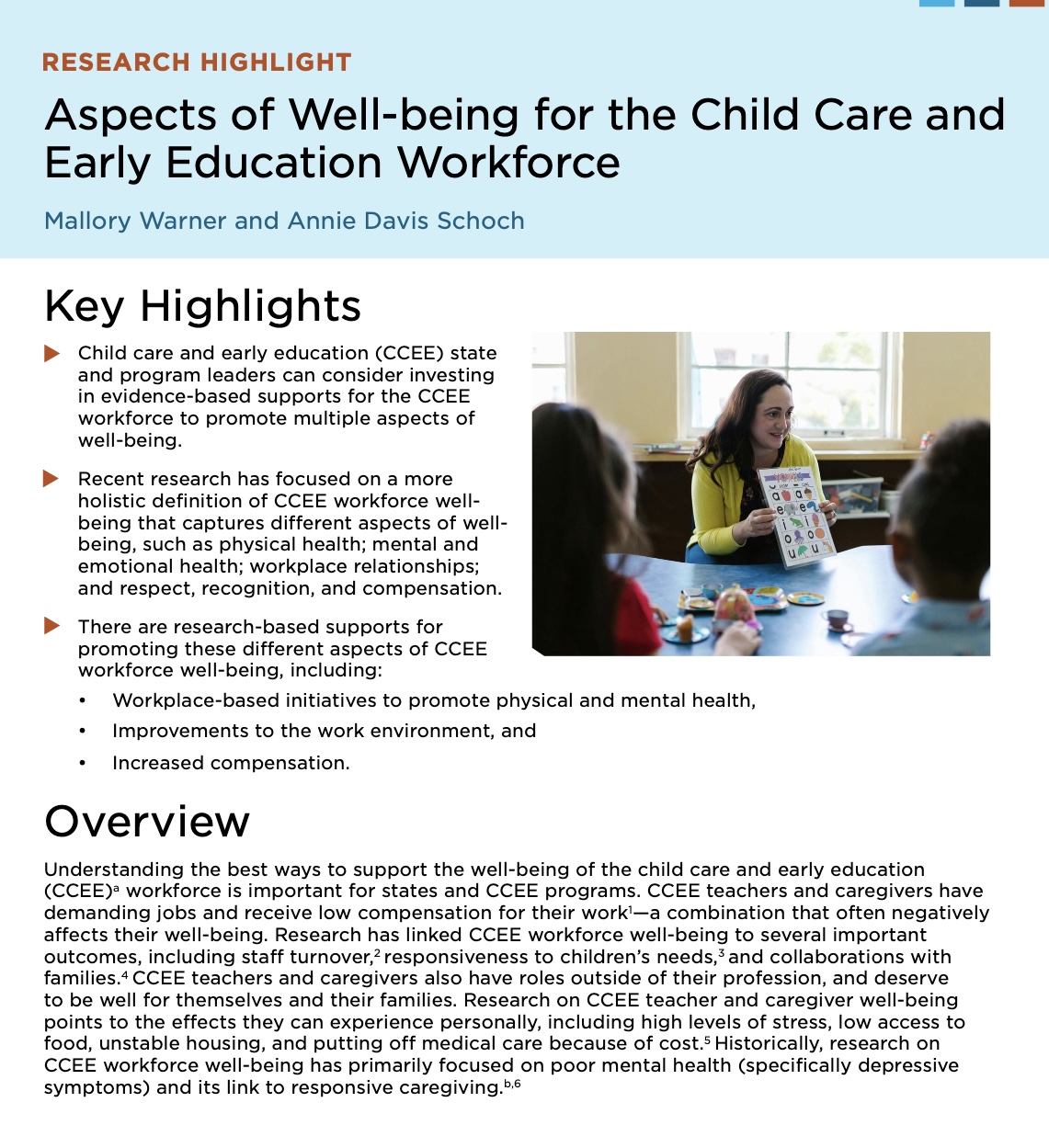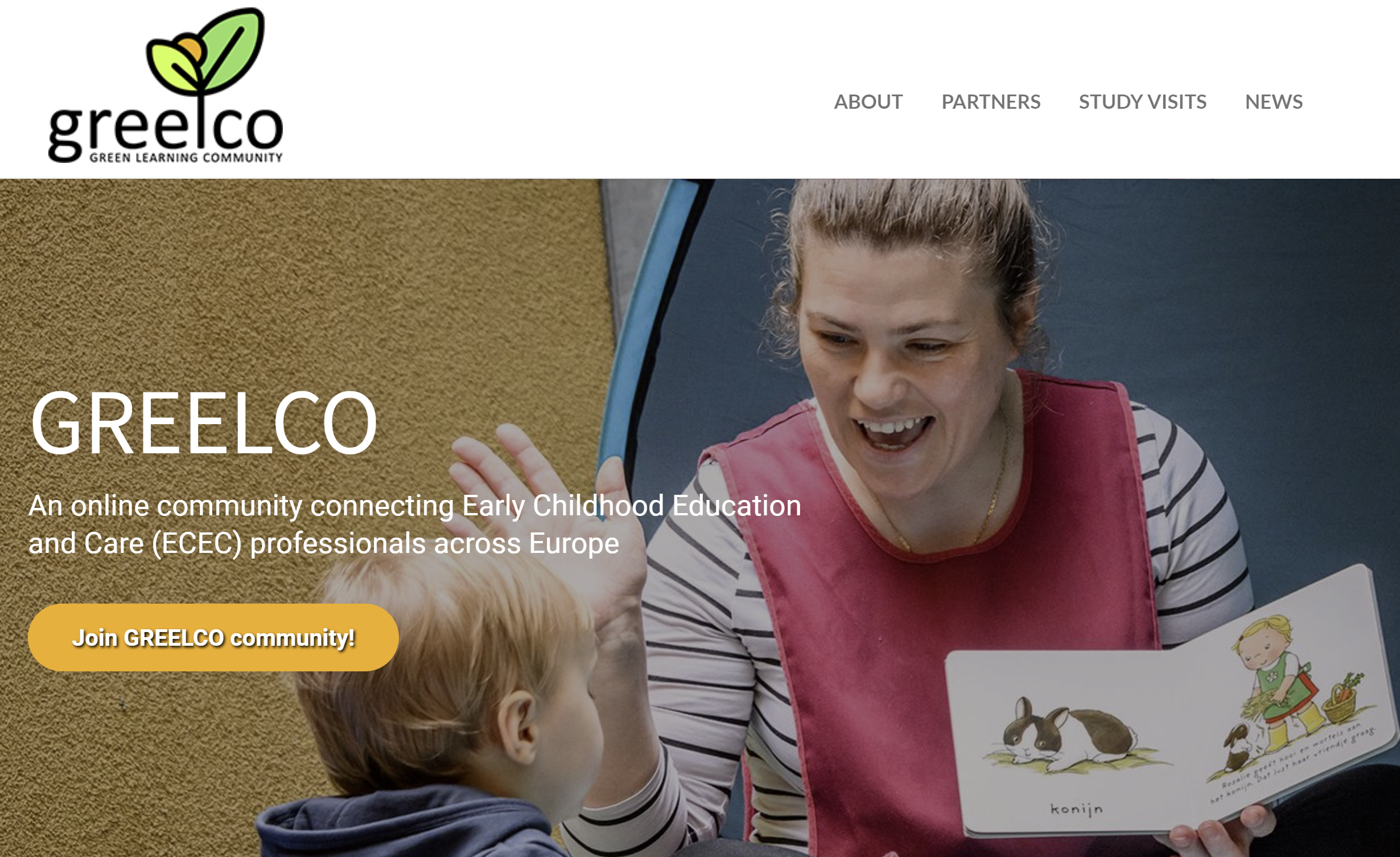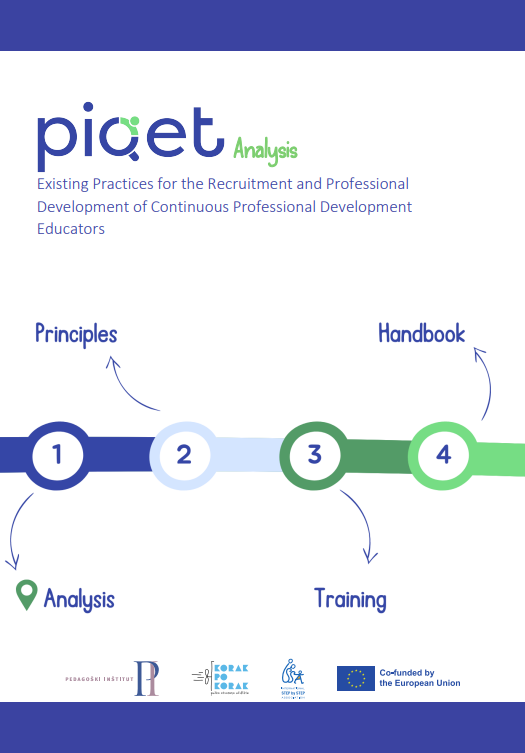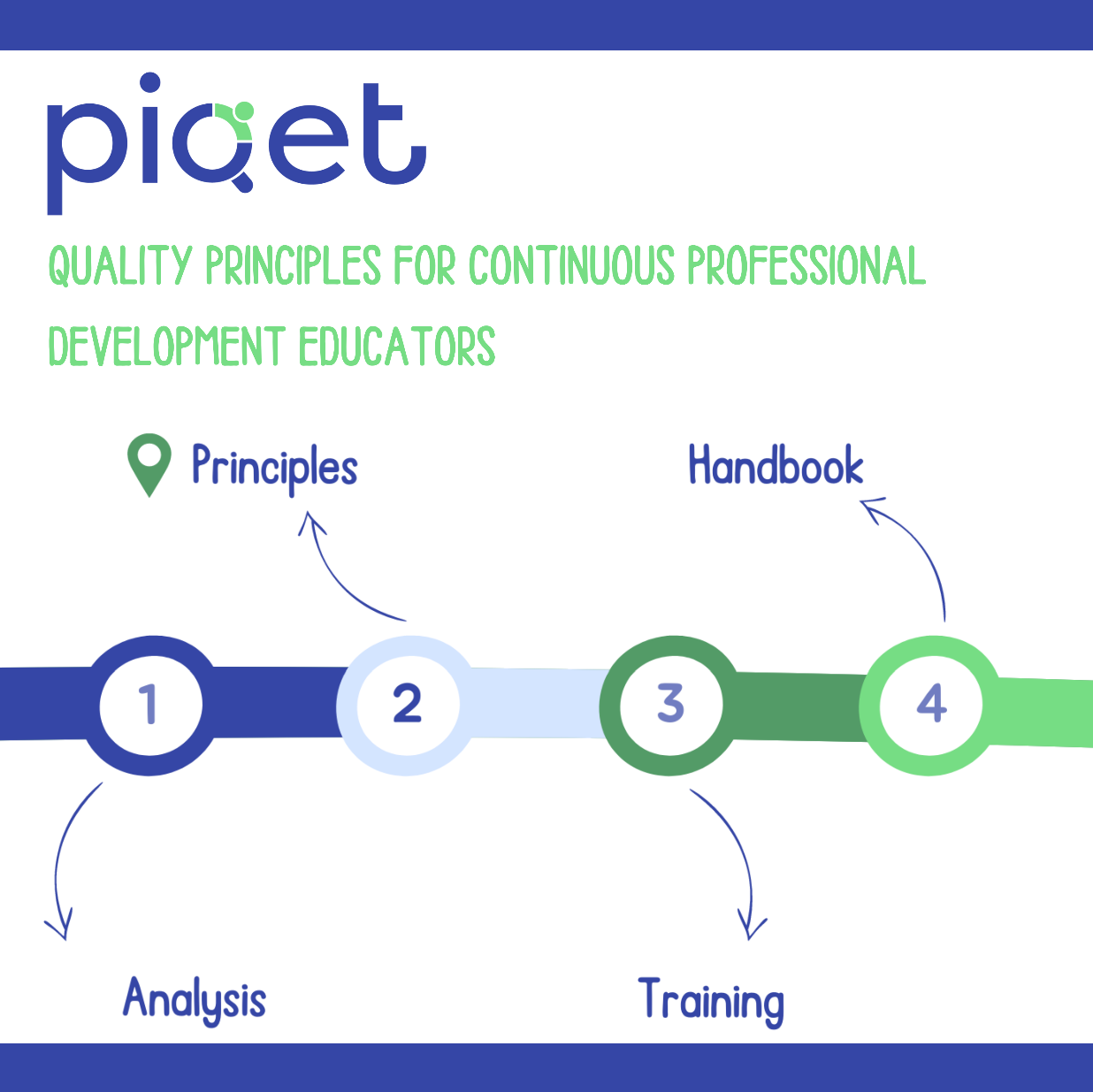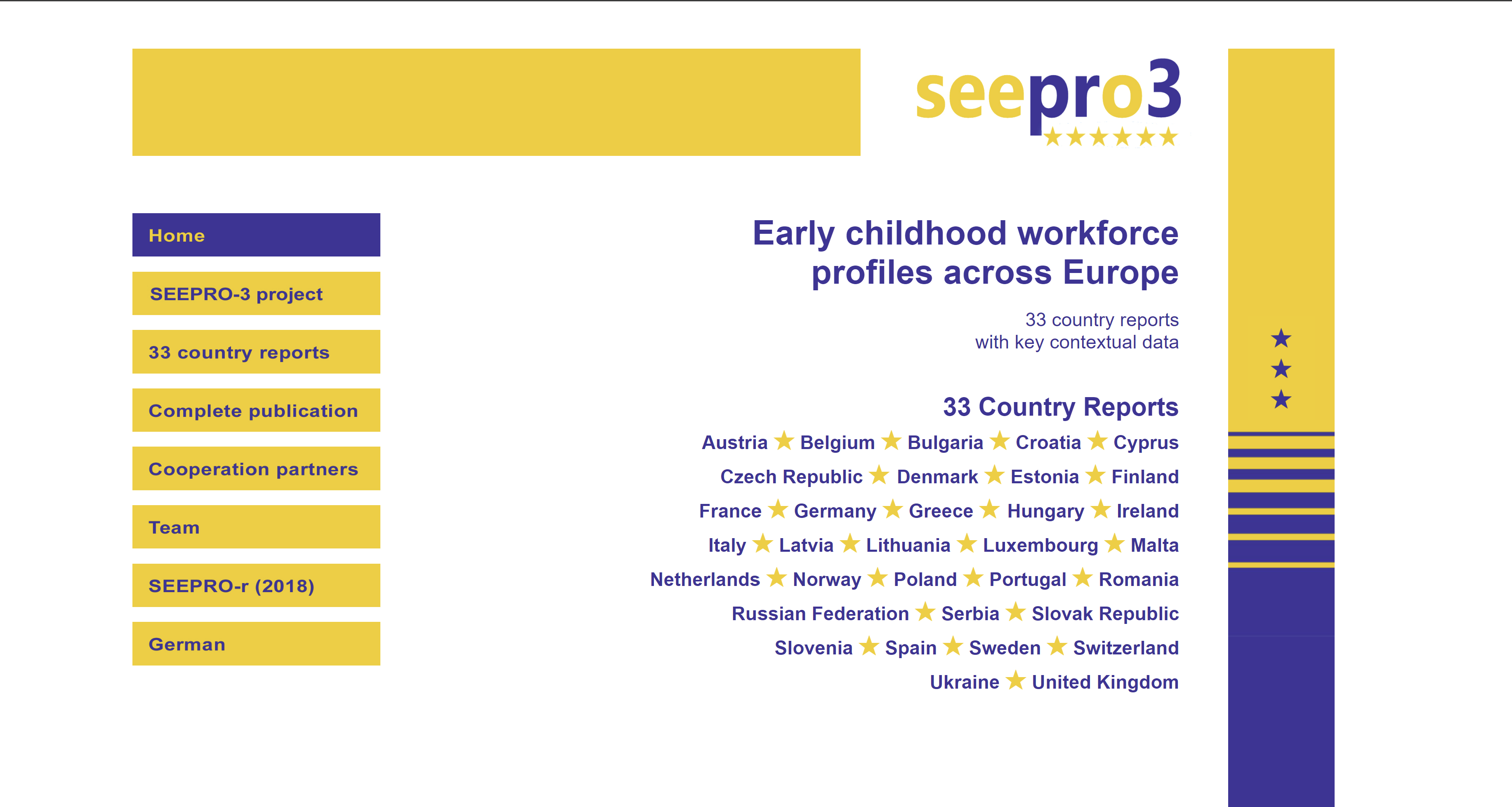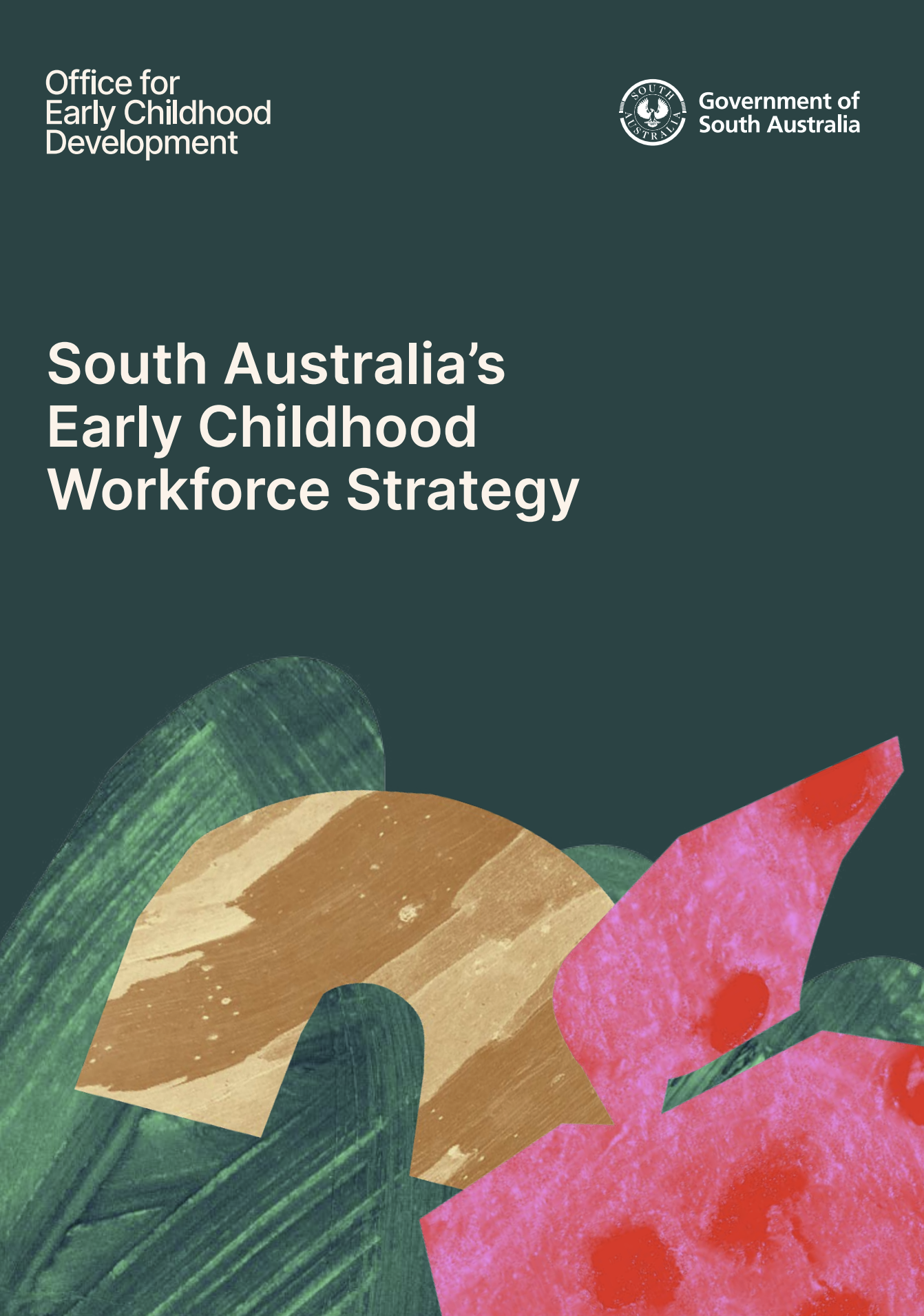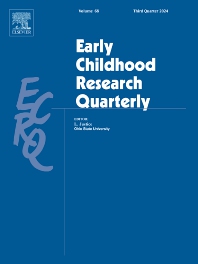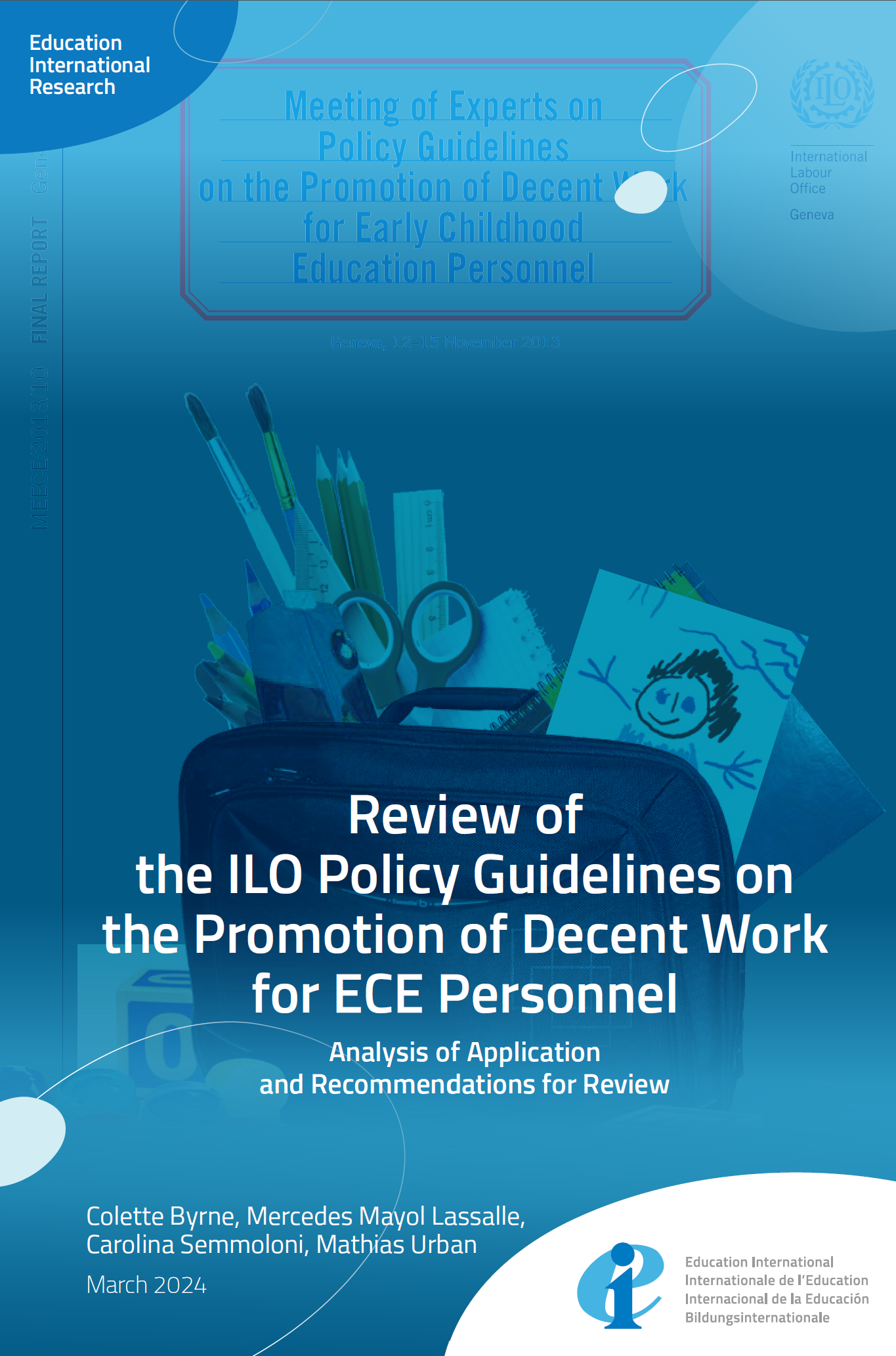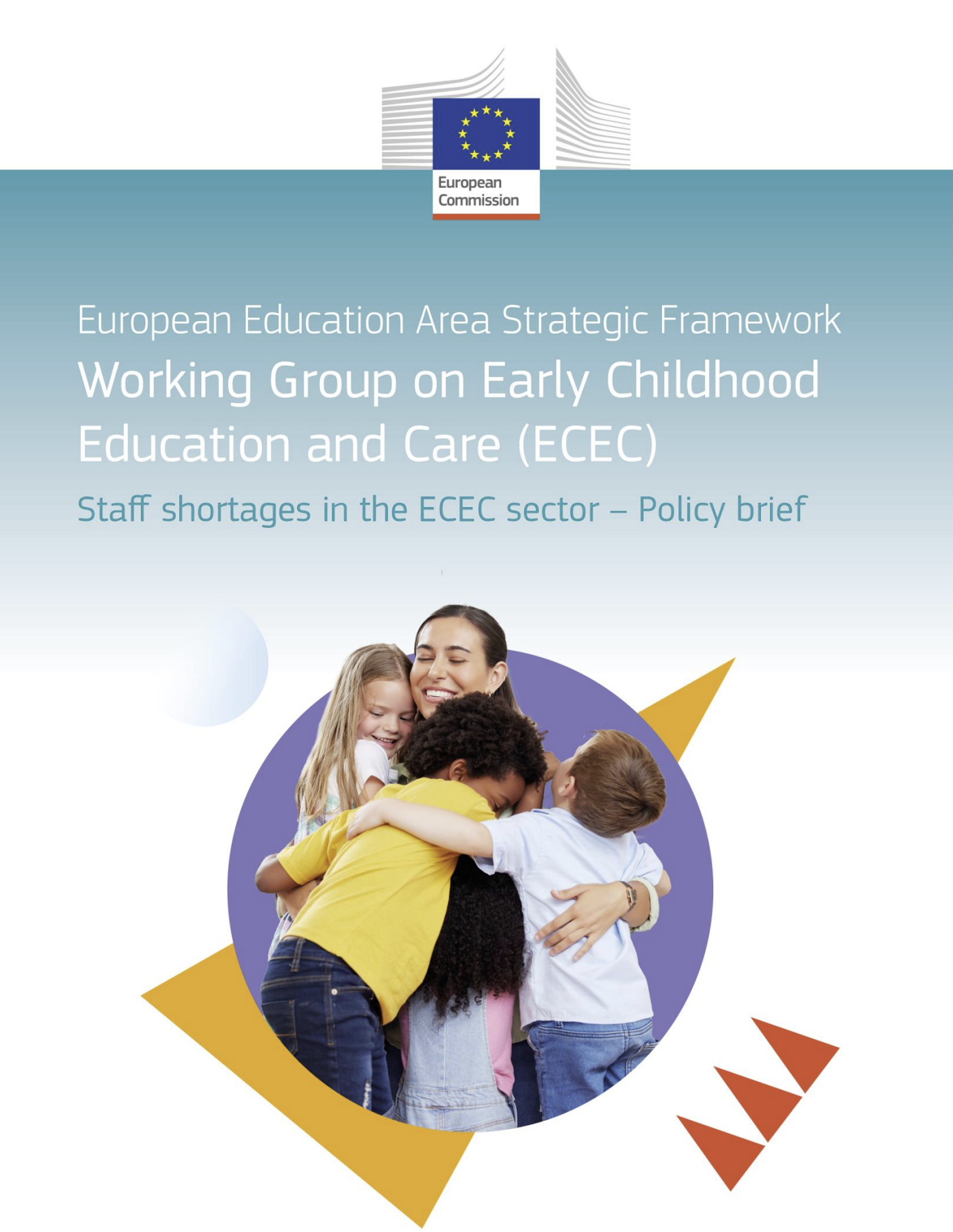Integrating Psychological First Aid and trauma-informed practices into early childhood systems
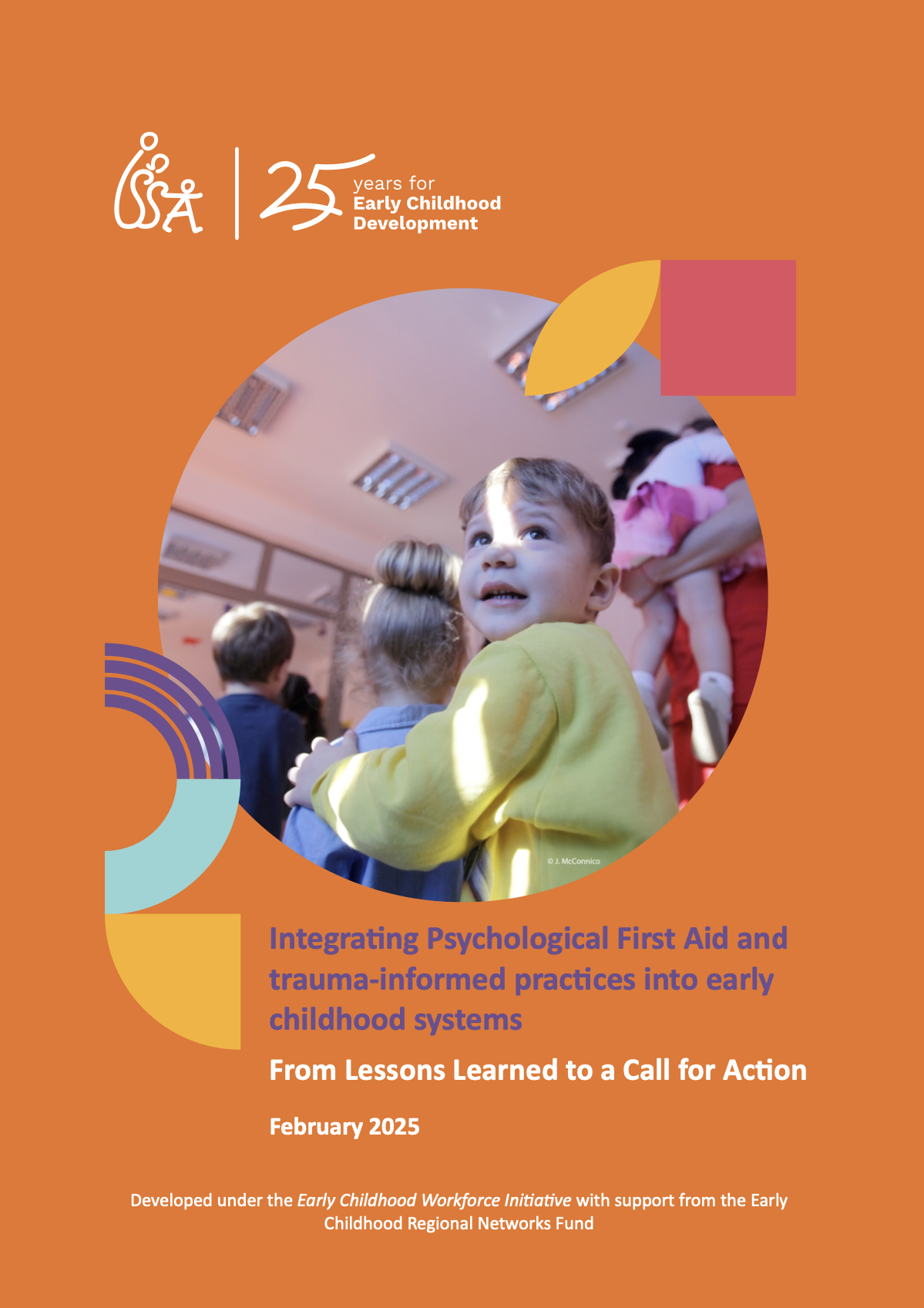
This brief, developed under the Early Childhood Workforce Initiative, explores the integration of Psychological First Aid (PFA) and trauma-informed practices into early childhood systems to support children and caregivers facing adversity. It highlights the crucial role of early childhood professionals in mitigating the effects of trauma and toxic stress, particularly for refugee, migrant, and marginalized communities.
The report presents insights from ISSA's Foundational Training on PFA training, a Training-of-Trainers program designed to build workforce capacity, promote resilience, and embed trauma-sensitive approaches into pre-service and in-service training. With implementation across multiple countries, the initiative has trained over 14,300 practitioners and benefited thousands of children and families.
The brief calls for systemic change, emphasizing accreditation, institutionalization, and peer-learning to sustain impact. By prioritizing workforce well-being, the early childhood sector can create safer, more nurturing environments for young children.
Authors: Publication:Guide
Year of Publication:2025


